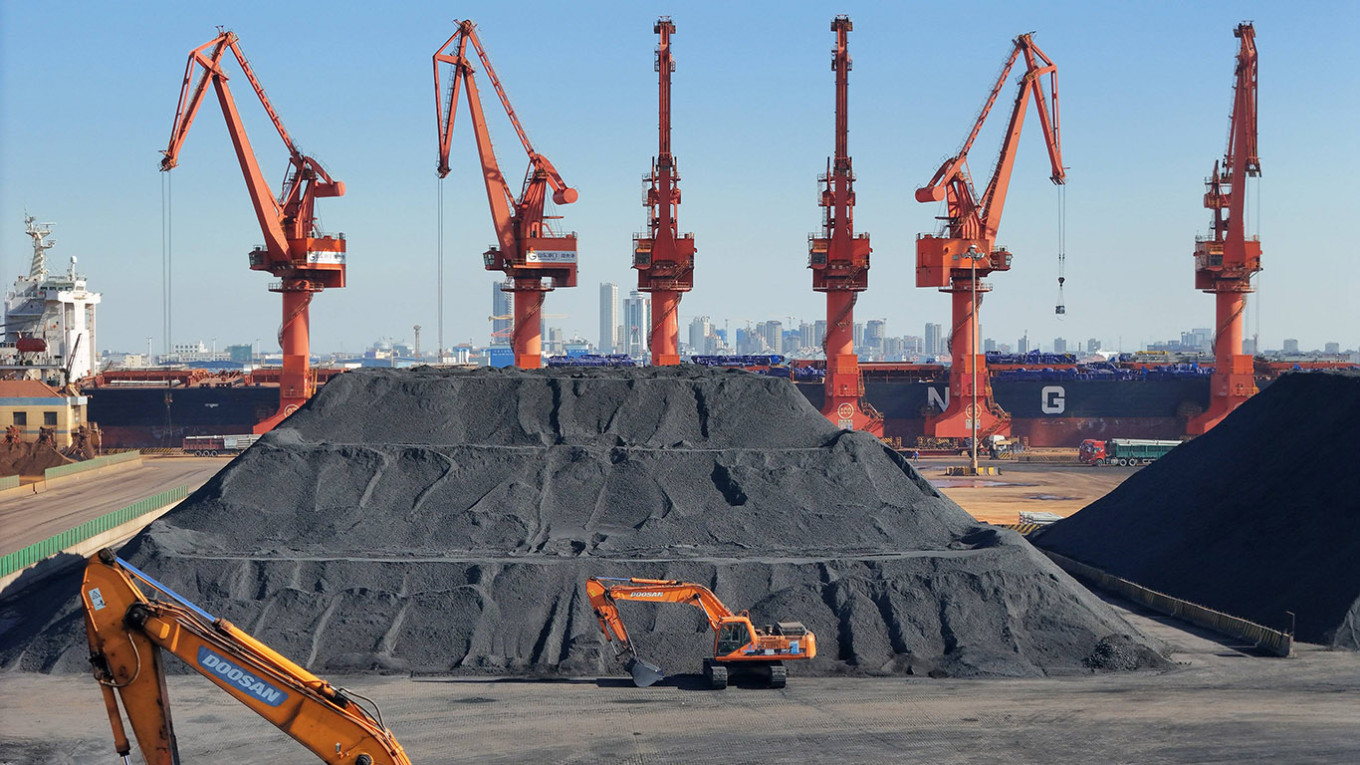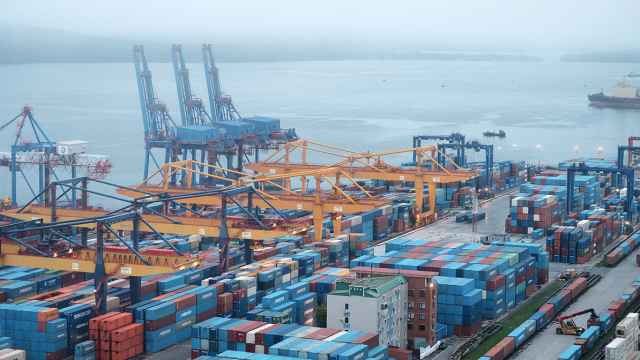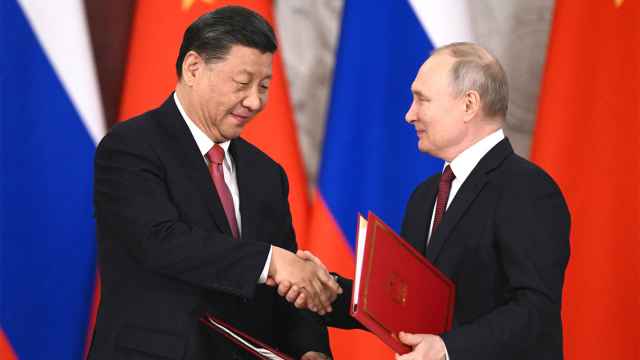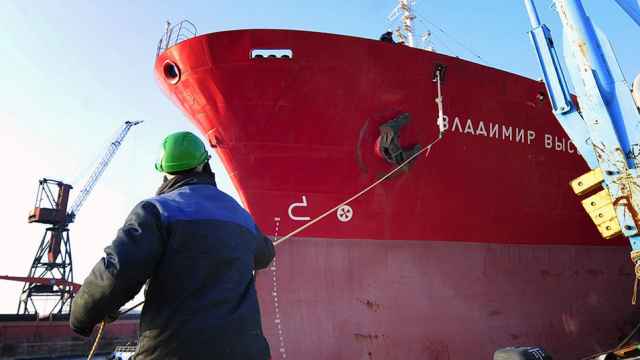Russian exports of coal and steel to China dropped in 2024 amid shifting global trade dynamics and Moscow’s increasing isolation from Western markets.
China has become a key economic partner for Russia since the Kremlin’s invasion of Ukraine set off a barrage of Western sanctions.
The world’s top coal importer, China imported a record 543 million tons of coal in 2024, a 14% increase from the previous year. Yet Russian coal exports to China fell 7% to 95.1 million tons, making it the only major coal exporter to China to see its shipments decrease in 2024.
Mongolia and Australia meanwhile increased their shipments to China by 19% and 60%, respectively, each reaching nearly 83 million tons of coal exported.
Mongolia, which benefits from its proximity to China, is working to develop its rail links and pursuing long-term contracts with major Chinese firms, Bloomberg reported Monday, making it a key supplier of high-quality coal for China’s steel industry.
Russia’s coal industry, in comparison, is hampered by sanctions, higher production costs than its competitors and logistical inefficiencies. It recorded a cumulative loss of 91 billion rubles ($1 billion) in January-September 2024, the highest among all sectors of the Russian economy.
Nearly half of Russia’s coal enterprises have become unprofitable, according to state statistics agency Rosstat, prompting President Vladimir Putin to order emergency support measures in December.
The downturn extended to steel exports, which halved to $368.9 million in 2024, the lowest since 2019, according to Chinese customs data cited by Russian state media.
Semi-finished iron and steel product shipments fell by 54%, while exports of flat-rolled alloy steel products dropped eightfold.
Russia’s total loss in steel and iron exports to China amounted to $408.9 million, with gains in other metal categories failing to offset the decline.
By the end of the year, Russia ranked just 10th among China’s steel suppliers, trailing leaders like Indonesia, Japan and South Korea.
Broader trade data from China Customs points to stagnation in Russia-China trade for the first time since the invasion of Ukraine. Overall trade growth slowed to 1.9% in 2024, down from 26% in 2023. While Chinese exports to Russia rose by 5%, Russian goods imports to China increased by only 1%.
Key commodities like oil and liquefied natural gas (LNG) showed minimal growth or declines, with LNG revenues falling 6% to $4.6 billion.
A Message from The Moscow Times:
Dear readers,
We are facing unprecedented challenges. Russia's Prosecutor General's Office has designated The Moscow Times as an "undesirable" organization, criminalizing our work and putting our staff at risk of prosecution. This follows our earlier unjust labeling as a "foreign agent."
These actions are direct attempts to silence independent journalism in Russia. The authorities claim our work "discredits the decisions of the Russian leadership." We see things differently: we strive to provide accurate, unbiased reporting on Russia.
We, the journalists of The Moscow Times, refuse to be silenced. But to continue our work, we need your help.
Your support, no matter how small, makes a world of difference. If you can, please support us monthly starting from just $2. It's quick to set up, and every contribution makes a significant impact.
By supporting The Moscow Times, you're defending open, independent journalism in the face of repression. Thank you for standing with us.
Remind me later.






